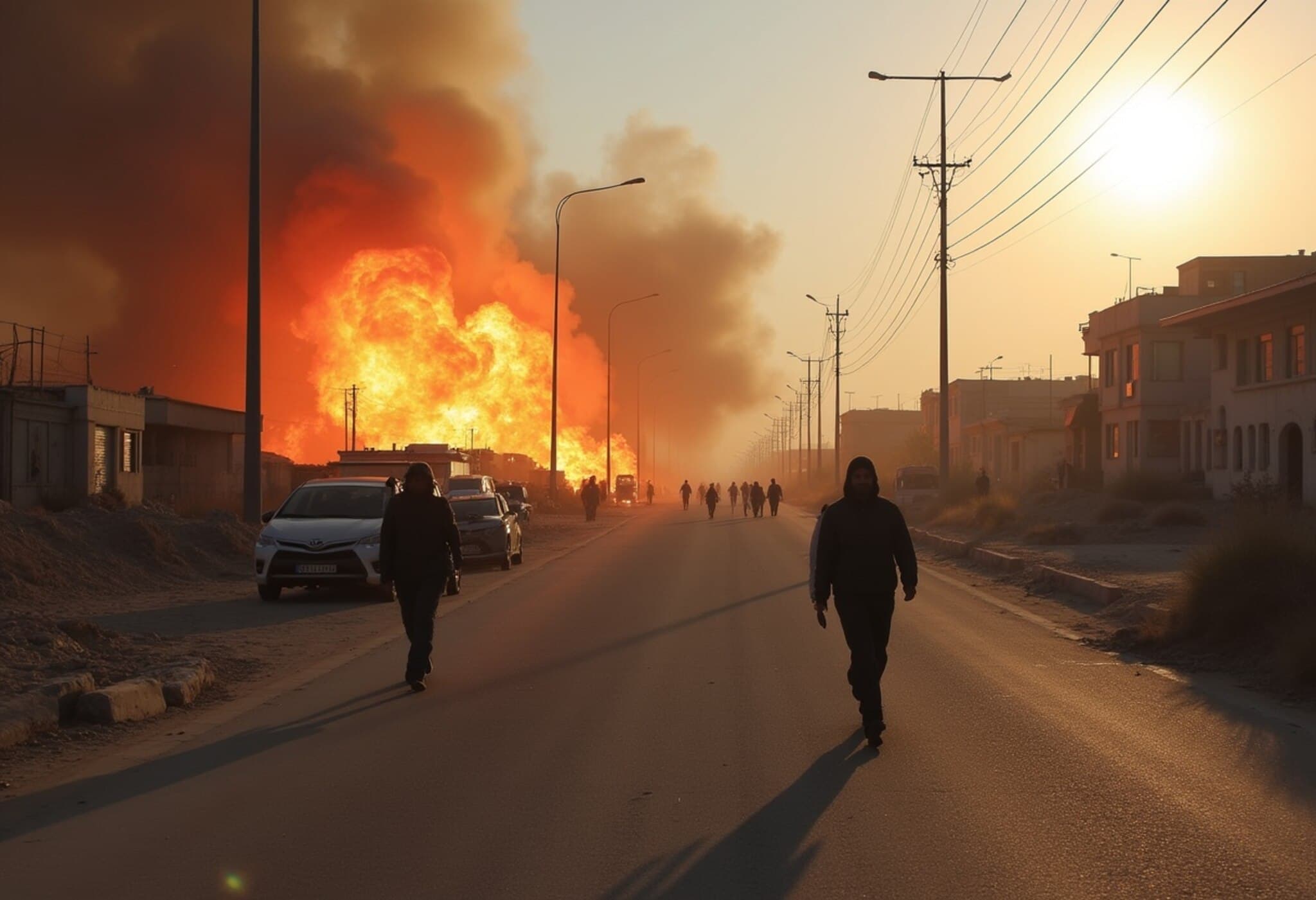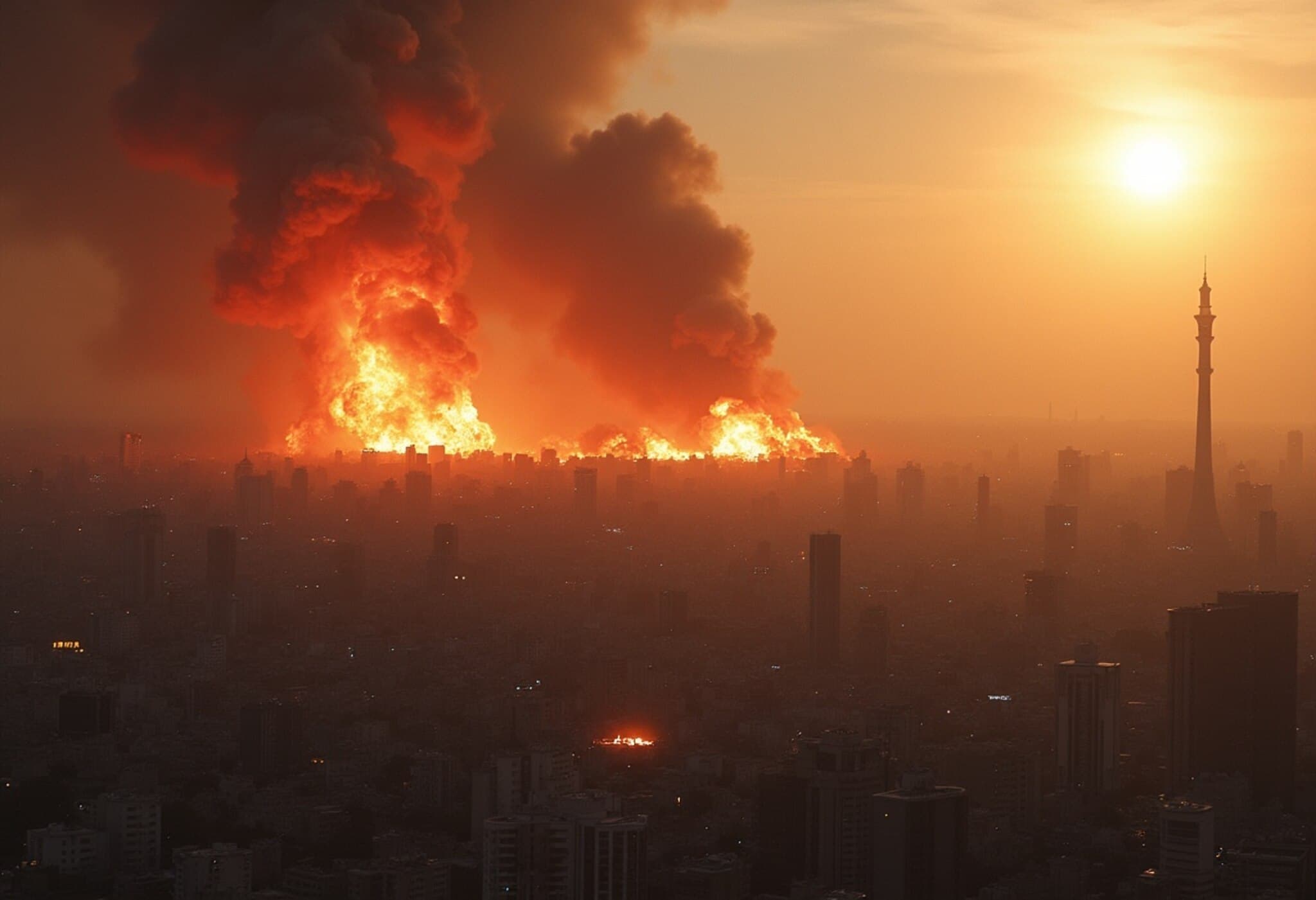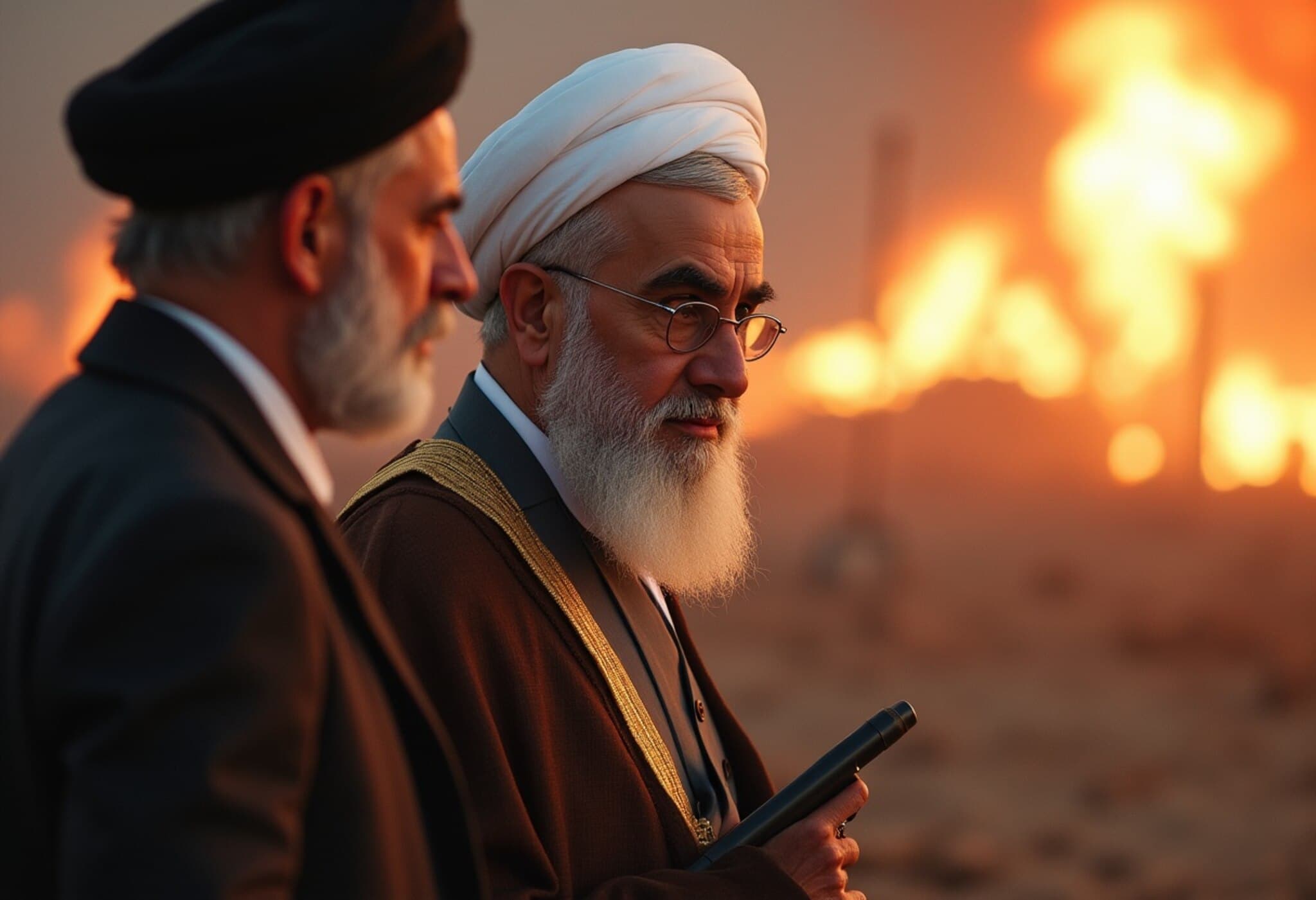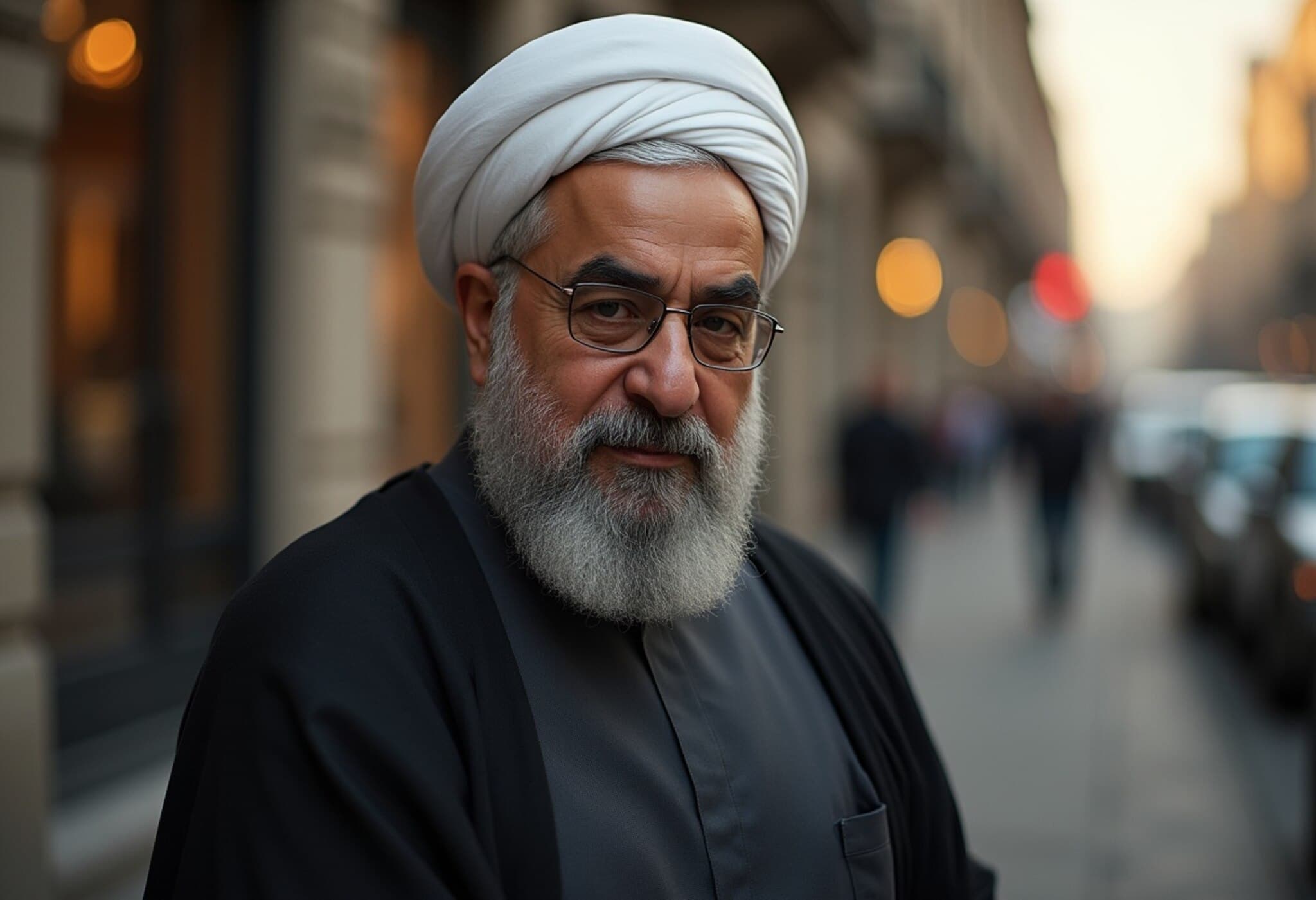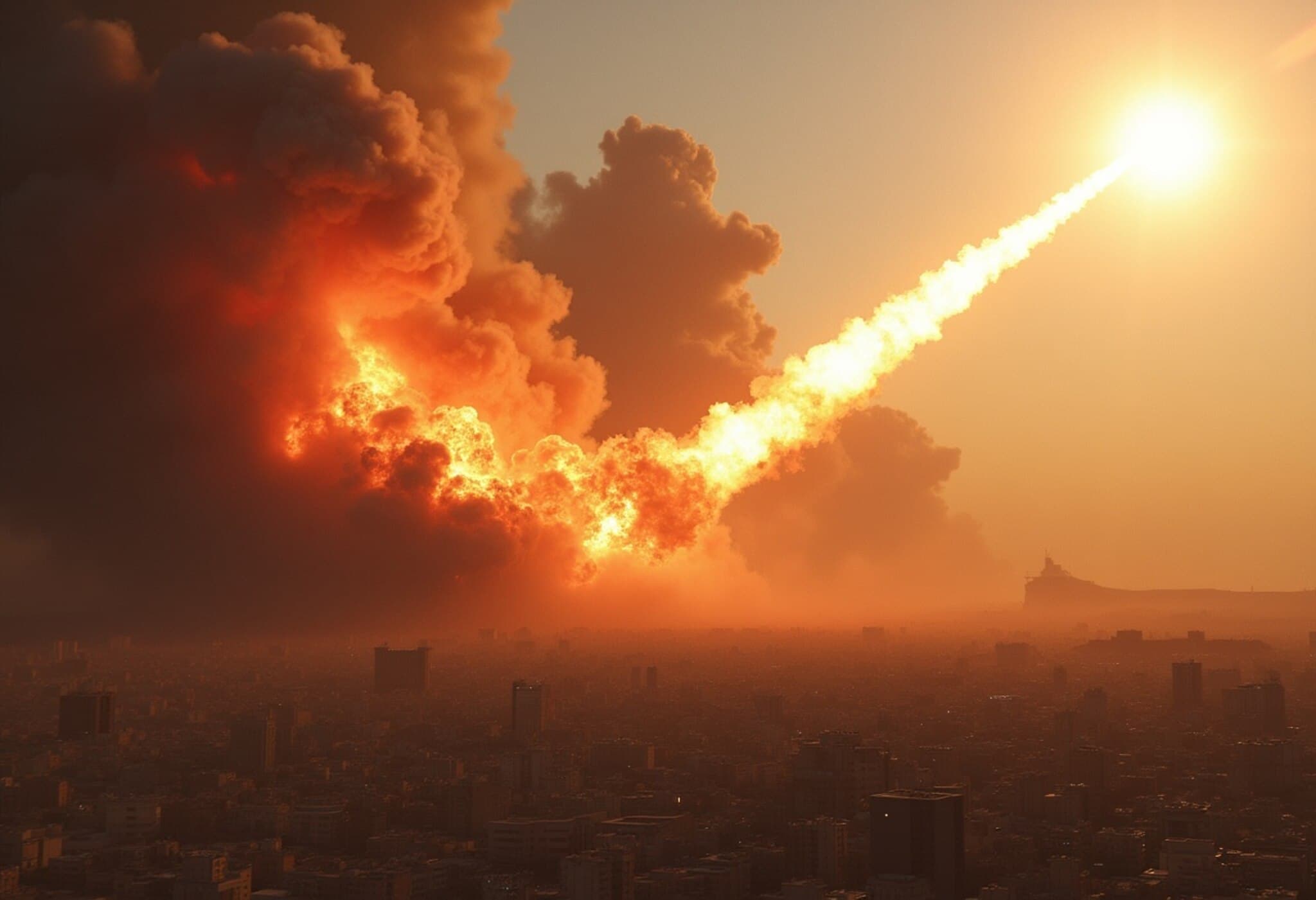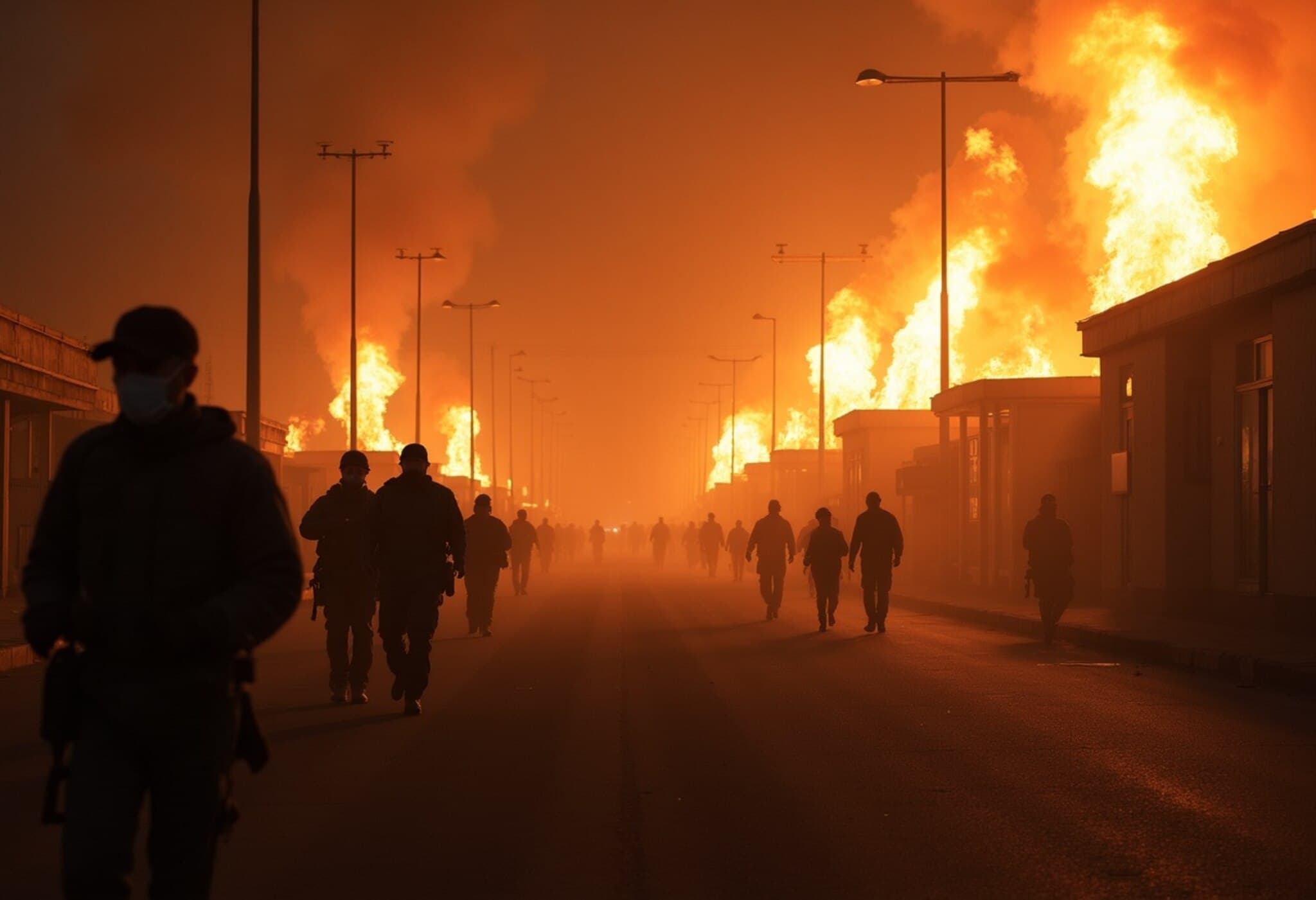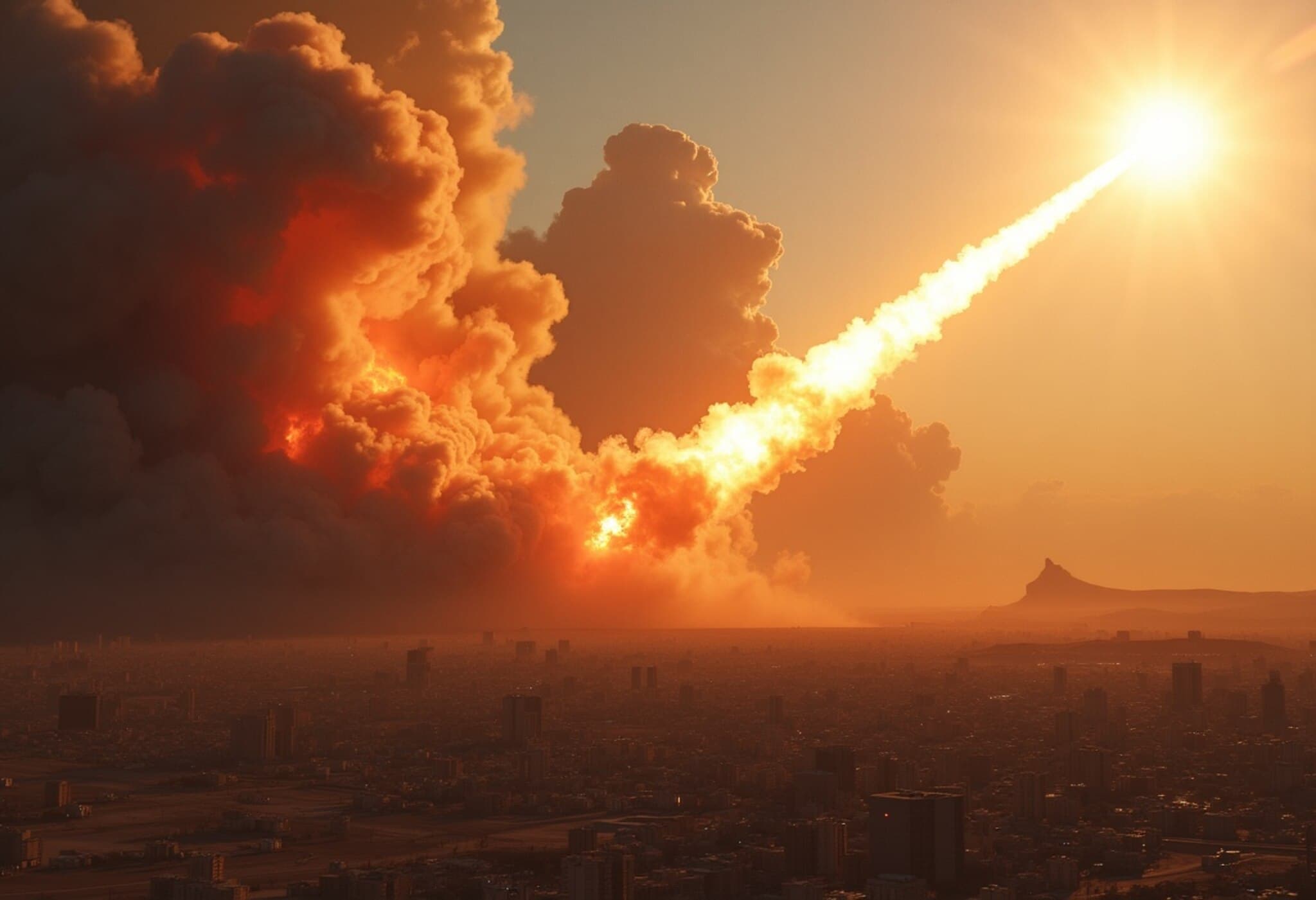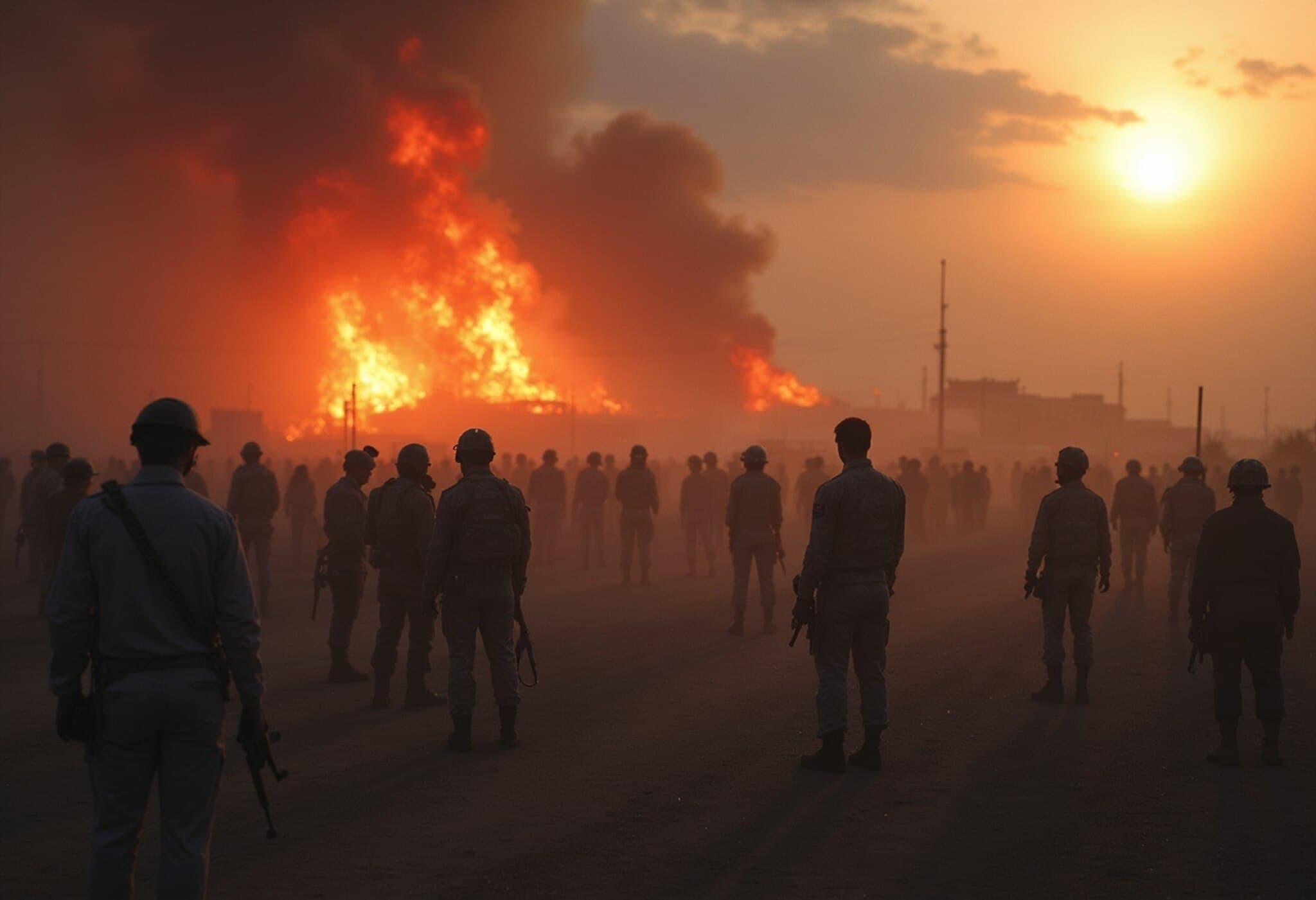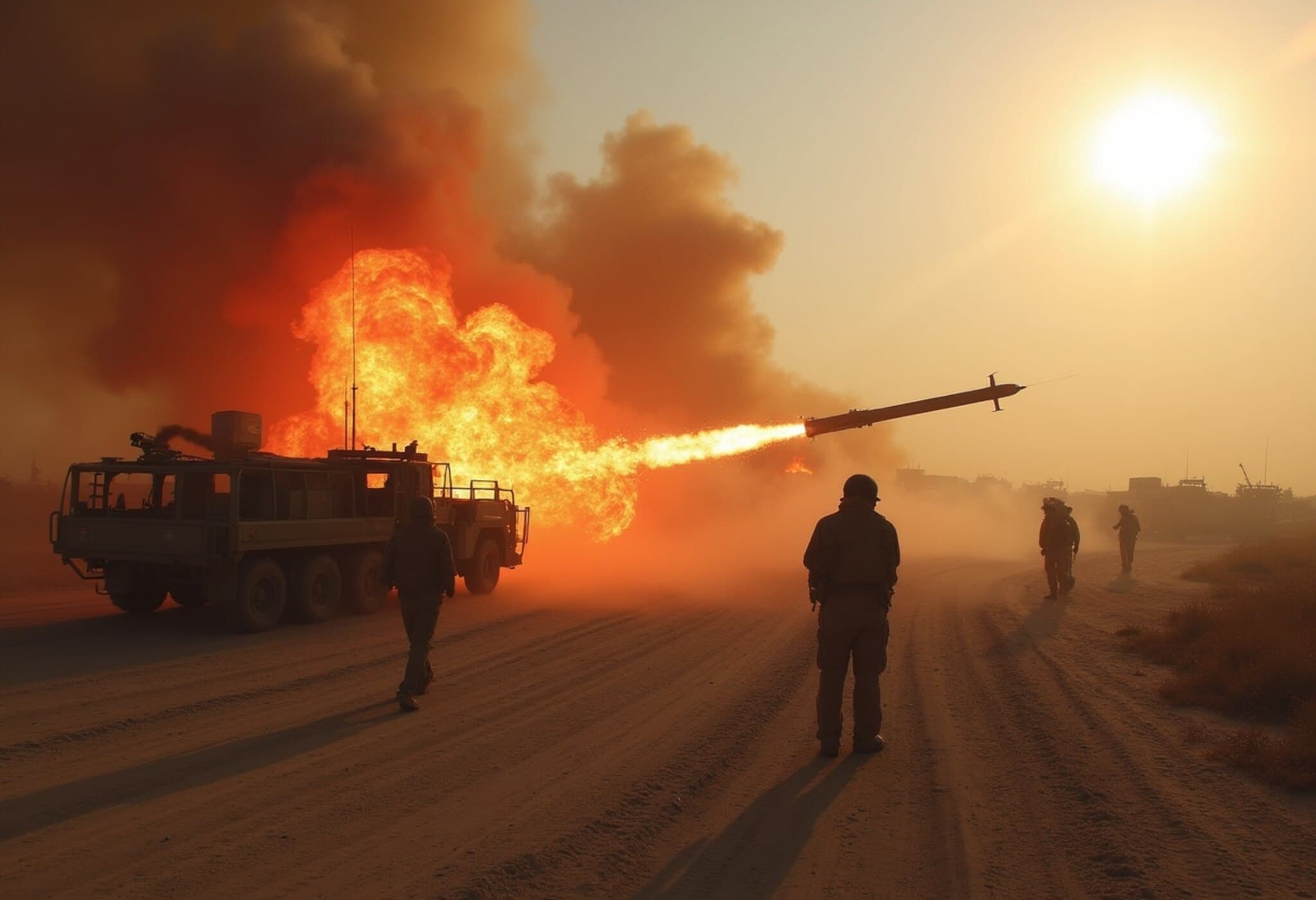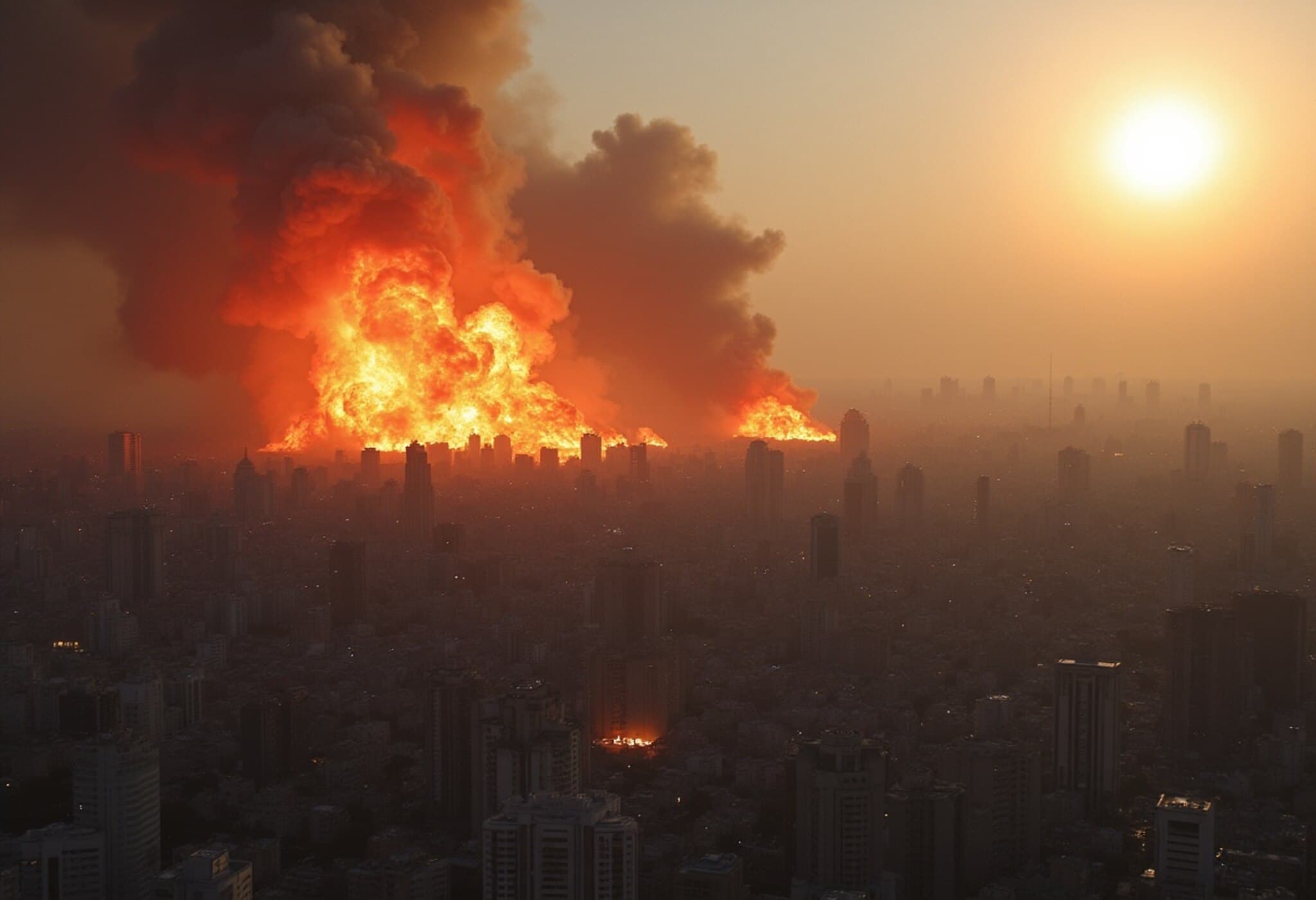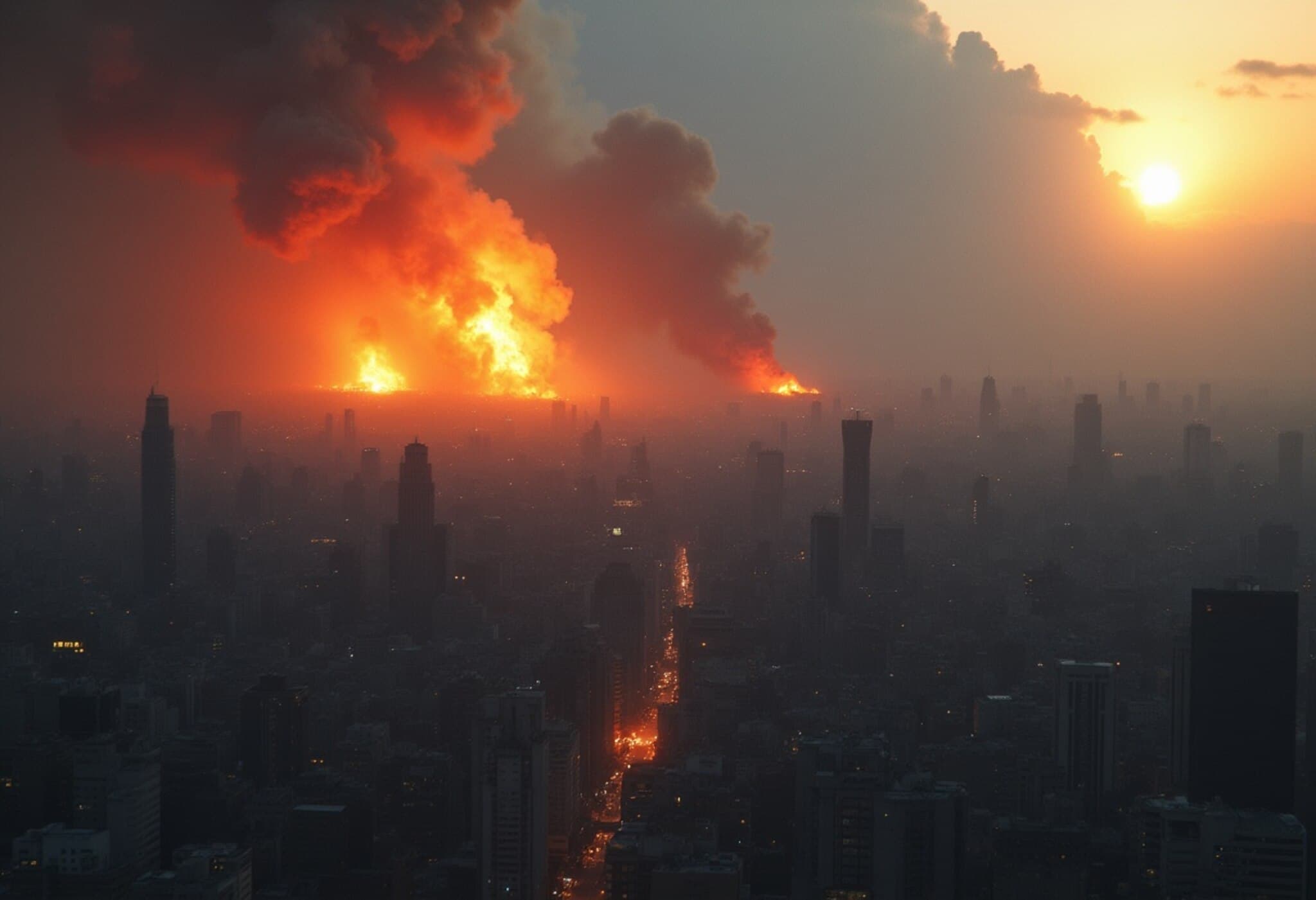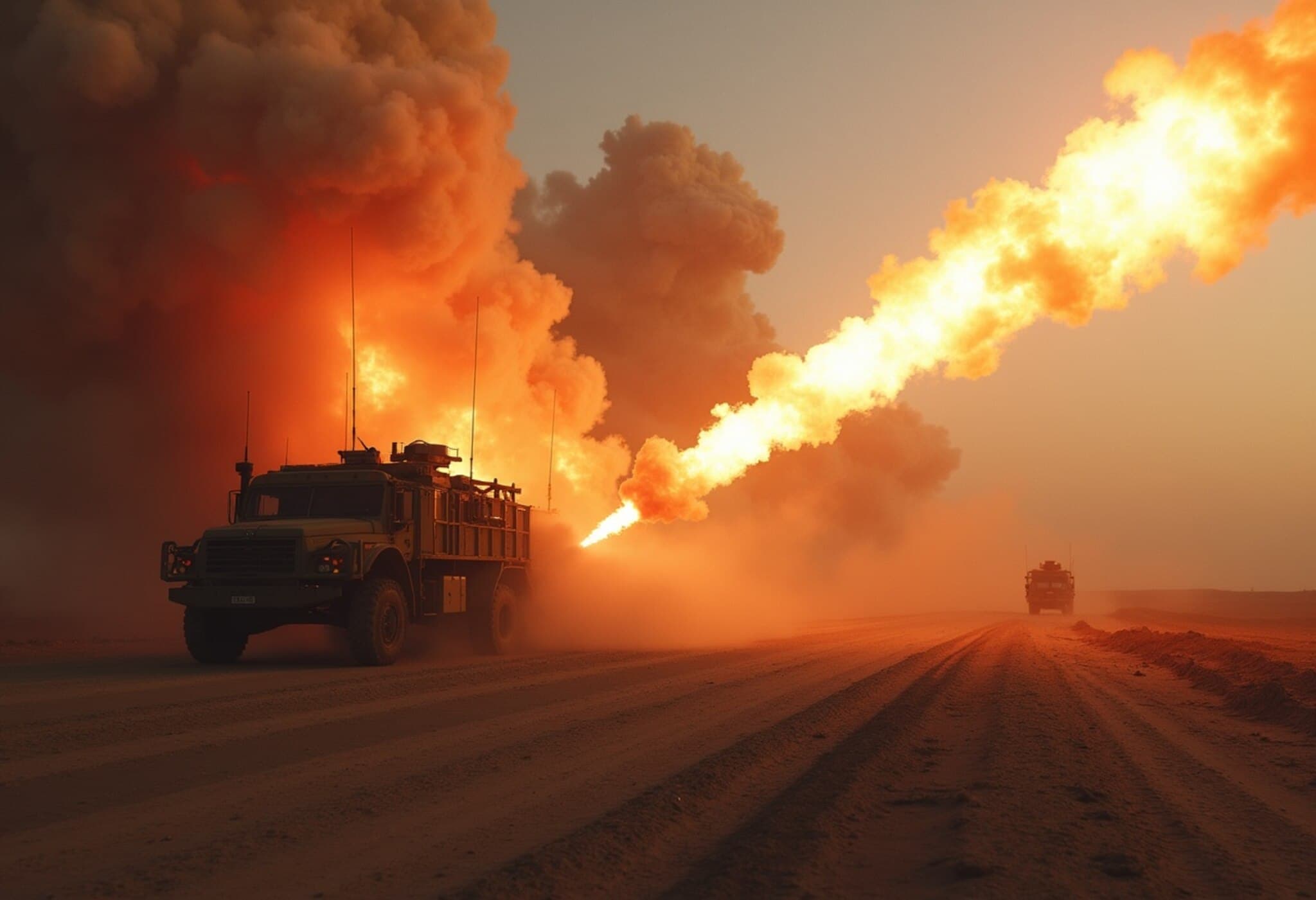Missile Attack in Be'er Sheva Leaves Seven Dead
Early Tuesday morning, an Iranian missile struck a residential building in the southern Israeli city of Be'er Sheva, tragically killing at least seven people. The attack marked the culmination of a series of missile launches by Iran shortly before a declared ceasefire was set to take effect.
Ceasefire Comes Into Effect Following Intense Exchanges
According to Iranian state sources, their ceasefire with Israel began as scheduled around 4:00 am GMT Tuesday, in line with an announcement made by U.S. leadership the previous night. Iran launched five waves of missile strikes targeting Israeli territories leading up to the truce, with the goal of halting hostilities on the condition Israel stopped its counterstrikes.
While Iran stopped firing at 4:00 am GMT, Israel’s ceasefire was planned to commence 12 hours later. The step-wise timing underscored the fragile and complex nature of the ceasefire arrangement amidst ongoing tensions in the region.
Visuals Capture Aftermath of Destruction
Footage from Be'er Sheva showed the devastating impact of the missile strike, capturing a residential complex reduced to rubble. Burned-out cars and scorched trees littered the area, highlighting the missile's destructive force on civilian areas. Such images underscore the human cost at the center of this conflict.
Background: Escalating Conflict Sparks Missile Exchanges
The recent flare-up traces back to June 13, when Israel launched surprise airstrikes on Iranian nuclear and military sites. Iran retaliated with multiple missile launches over the following days, leading to a dangerous exchange of fire. Tensions rose sharply, with warnings of a potential large-scale regional conflict.
In response to incoming missile threats, Israel’s military reported efforts to intercept launches, particularly in the early hours on Tuesday. Citizens were alerted through sirens and urgent SMS warnings, advising them to seek immediate shelter in protected areas, such as underground stations and parking garages.
Statements from Leadership
Iranian Foreign Minister Abbas Araghchi emphasized that Iran would cease attacks if Israel agreed to stop its airstrikes. Meanwhile, the Israeli military confirmed early warnings but had not immediately acknowledged a ceasefire at the time of reporting.
U.S. leadership acted as a mediator, announcing the staggered ceasefire intended to halt the cycle of missile fire and bring a temporary calm to a volatile region.
The Human Impact Amidst Diplomatic Maneuvers
For the residents of southern Israel, these missile exchanges have become a grim reality, with emergency alerts disrupting daily life and forcing many to seek shelter repeatedly. Although casualties had remained relatively low until now, the Be’er Sheva strike marked a severe escalation in civilian harm.
As the ceasefire takes hold, the international community watches closely to see if this fragile truce will hold or if tensions will flare anew.

